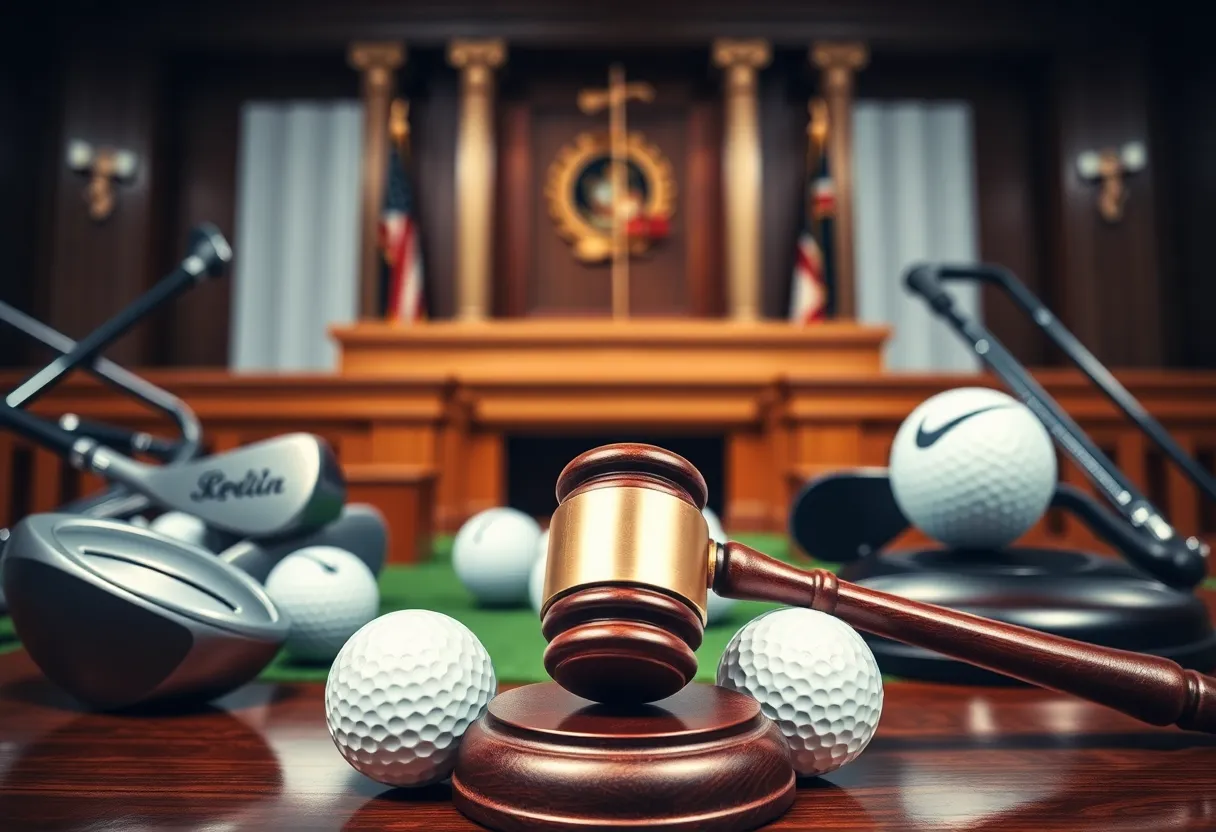News Summary
Pennsylvania has passed House Bill 463, aimed at protecting consumers from speculative ticketing practices. The bill allows consumers to sue secondary sellers who advertise tickets they do not possess. This legislation, which received significant support, addresses frustrations faced by consumers, ensuring ticket sales reflect true availability. Representative Robert Matzie introduced the bill after witnessing firsthand the issues of speculative ticketing. The bill focuses on creating fairness in the ticket market, although concerns about penalties for violators have been raised.
Pennsylvania has taken a significant step toward protecting consumers from the unfair practices of speculative ticketing by passing House Bill 463 (H.B. 463). On June 4, the Pennsylvania House of Representatives voted overwhelmingly, 191-11, in favor of the bill that aims to hold secondary ticket sellers accountable for selling tickets that are not actually available. The legislation is currently awaiting further consideration in the Senate’s Consumer Protection & Professional Licensure Committee.
The core provision of H.B. 463 allows consumers to file civil lawsuits against secondary sellers who advertise and sell tickets that they do not possess. This move addresses a common frustration among event attendees who often learn about ticket unavailability only on the day of the event, leaving them without recourse and out of pocket. While secondary sellers typically offer refunds for unavailable tickets, this practice has been criticized for causing unnecessary inconvenience and dissatisfaction for consumers.
The bill’s introduction stems from personal experiences that Democratic Representative Robert Matzie encountered last session, when he was made aware of the issues surrounding speculative ticketing. He shared a scenario involving a former staff member who purchased tickets to a Philadelphia Phillies game, only to be informed shortly before the event that the tickets were no longer available. This encounter sparked Matzie’s determination to address the problem through legislation.
Speculative ticketing primarily involves secondary sellers purchasing large quantities of event tickets and reselling them, often without ensuring that they have the tickets on hand. This practice has raised concerns about the integrity of ticket sales and the trustworthiness of companies operating in this space. The new legislation seeks to prevent such unprofessional behavior by prohibiting sales of tickets unless they are confirmed to be available.
To enforce the standards set by the bill, penalties will be imposed on violators. Local district attorneys will also have the authority to act on behalf of consumers who find themselves wronged by such practices. The bill focuses on creating a fairer market for both consumers and small businesses that may be adversely impacted by speculative ticketing methods.
Despite its strong backing, H.B. 463 has encountered some opposition concerning the severity of its penalties. Critics argue that the repercussions may be too harsh and suggest that the attorney general should have a more prominent role in overseeing the enforcement of the legislation. However, the attorney general’s office has expressed support for the consumer protection aspects of the bill, highlighting the need to safeguard consumers against exploitation.
With no fiscal impact on consumers anticipated, H.B. 463 is viewed as a neutral piece of legislation. Matzie contends that sales transactions should be based on the actual availability of products rather than the speculative potential of sellers securing goods after the fact. By clarifying these standards, the bill is poised to enhance the relationship between consumers, venues, and small businesses within the ticketing industry.
The passage of this bill represents not only a protective measure for consumers but also a significant step in combating unfair ticketing practices that have long troubled event-goers. By ensuring that ticket sales reflect true availability, Pennsylvania aims to foster a more trustworthy marketplace for event tickets and stem the tide of speculative sales that have introduced confusion and frustration into the event experience.
Deeper Dive: News & Info About This Topic
- WENY News
- Wikipedia: Ticket Reselling
- Beaver County Radio
- Google Search: Speculative Ticketing
- Tri-State Alert
- Google Scholar: Consumer Protection Ticketing
- Keystone Newsroom
- Encyclopedia Britannica: Consumer Rights

Author: STAFF HERE PHILADELPHIA WRITER
The PHILADELPHIA STAFF WRITER represents the experienced team at HEREPhiladelphia.com, your go-to source for actionable local news and information in Philadelphia, Philadelphia County, and beyond. Specializing in "news you can use," we cover essential topics like product reviews for personal and business needs, local business directories, politics, real estate trends, neighborhood insights, and state news affecting the area—with deep expertise drawn from years of dedicated reporting and strong community input, including local press releases and business updates. We deliver top reporting on high-value events such as Mummers Parade, Philadelphia Flower Show, and Thanksgiving Day Parade. Our coverage extends to key organizations like the Greater Philadelphia Chamber of Commerce and United Way of Greater Philadelphia, plus leading businesses in telecommunications, food services, and healthcare that power the local economy such as Comcast, Aramark, and Children's Hospital of Philadelphia. As part of the broader HERE network, we provide comprehensive, credible insights into Pennsylvania's dynamic landscape.





